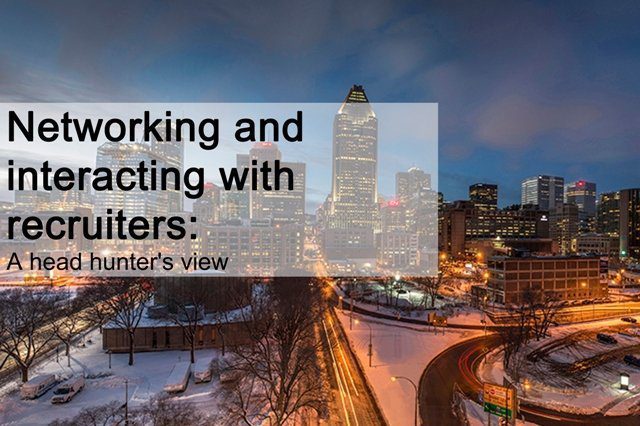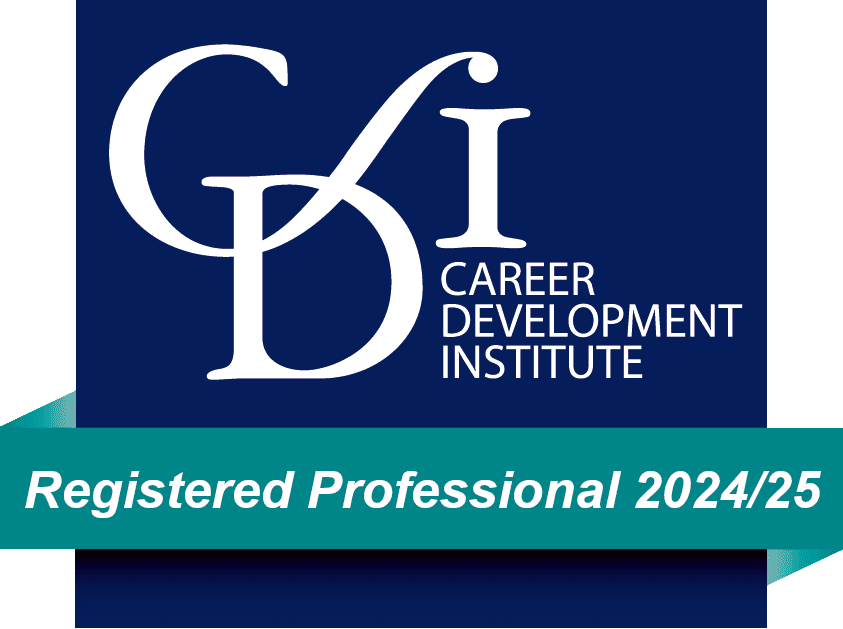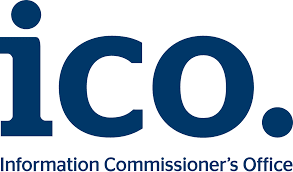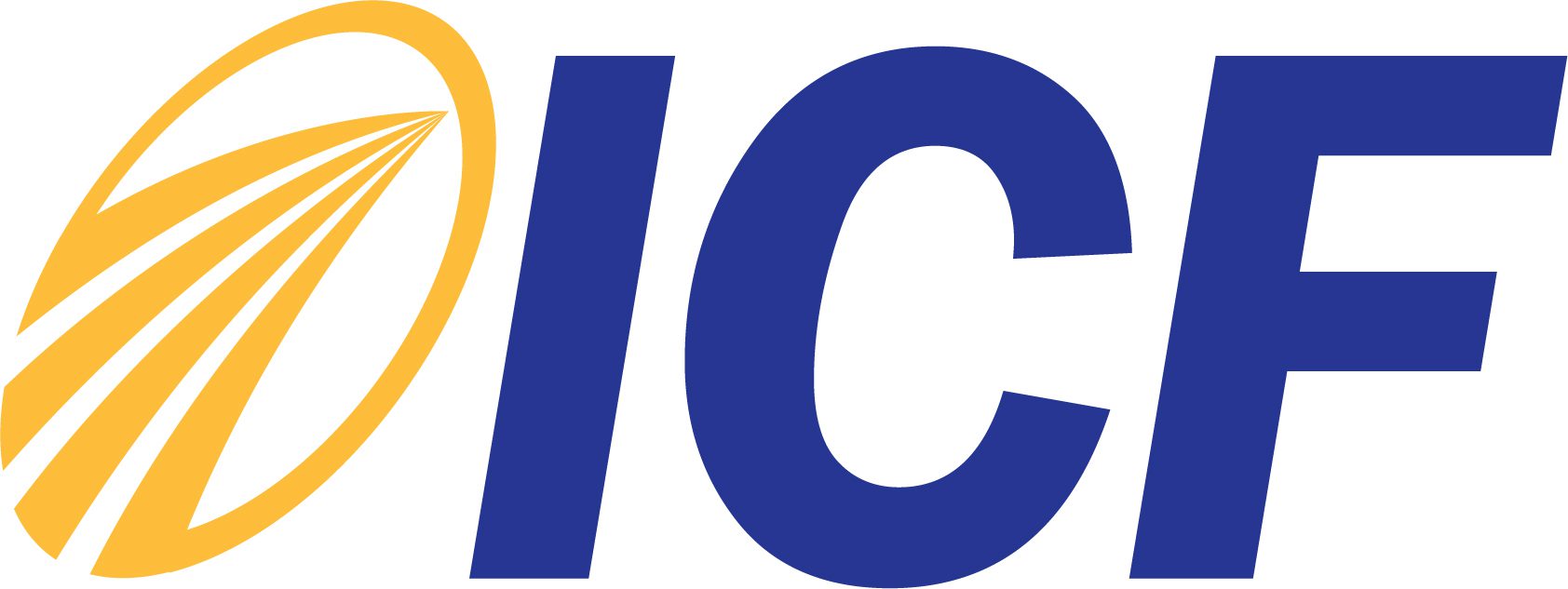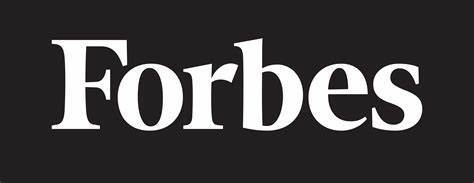I interviewed top head hunter Phil Sharp, Managing Director of Executive Headhunters Ltd. My questions to Phil were based around some of the concerns my clients have. So here you have it from a Head Hunters perspective.
Q: How can senior level candidates network appropriately?
I think the answer to this one really depends on whether the person is on the open job market or looking whilst still gainfully employed. For each case I think you need a different approach.
For a person openly looking, the first place I would start is by contacting any recruitment consultants they used to recruit staff for their previous business. If they don’t operate at senior exec level they may have someone in their firm who does. As a previous “customer” it would be in that recruiters interests to prioritise your placement ahead of another candidate (on the assumption you will be a customer of the future)
I would also recommend working with one recruiter proactively to identify the top ten companies you want to work for (within your niche , don’t pick Google, Facebook, Virgin etc., unless this is your niche. Recruiters are lazy so make it as easy as possible for them). Give this list to ONLY one recruitment business and give them a paragraph for each as to why you are a good fit for their business. A little preparation can have dramatic results.
Q: How to not be seen as desperate, yet follow up on opportunities appropriately?
Largely this would depend on what stage of the process you are at. It’s perfectly reasonable to ask for timescales and next steps at each stage of the process and to follow up each time one of those timescales is met. E.g. if contacted to send a CV, ask “When will I hear back from you?” If you don’t hear, call them up. After a head hunter / recruiter interview, “When will you have completed your shortlist?” Again, follow up if you don’t hear.
If your details have been lodged with a head hunter more generally rather than against a specific brief, I’d say every few weeks is OK, or when a role appears on their site you feel matches your background.
Q: Perhaps a hot potato! I’ve been asked many times how to spot a real job from a fake?
Always down to level of detail and whether the head hunter is prepared to meet. If they are fishing for CVs the advert, or approach will be very generic and they won’t commit to meeting you. Ask lots of questions, take charge and push for a face to face meeting with the recruiter. If they don’t know the answers or are reluctant to meet, chances are it is indeed a CV fishing exercise.
Q: How to prepare for a recruiter interview?
Know your own CV inside out. Know WHY you are interested in the role if being interviewed for a specific role and MOST IMPORTANTLY why the end client should be chomping at the bit to meet you. What can you bring to the party that makes the potential new employer think “Now that’s what we need!” – E.g. relationships with a key customer, knowledge of a technology, knowledge of a particular market etc., particularly if you can bring something to them that they don’t have currently, but should have. E.g. experience launching in a new geographical area. Spell it out to the recruiter. “Your client doesn’t sell in France. I work for a direct competitor that sells £10M pa in France and own all the relationships with the key distributors there…”
Q: What’s your take Phil, on what really makes an impressive CV?
For me, both the exec summary and CV containing facts, figures, numbers, percentages. It’s about immediate impact. Any CV has to stand out. %£$€ symbols and numbers always leap off a CV when I read them. Too many words and no numbers make a CV dull. Virtually every role either exists to make or save a company money. Quantify everything in financial terms.
Q: I speak to so many people who are frustrated about not getting called back. Is this to do with the recruiter having already gathered a short list in most cases?
Depends on the circumstances. I’d say leave a detailed message if its voicemail with a “get-out” for the recruiter e.g. “Text me or email if I’m not of interest”. Whilst not ideal, at least you will know you can discount it if looking at other things. On an average search, we speak to 100 to 200 people at first stage so it’s not always possible to give detailed feedback at every stage. If you have been for any kind of interview though, either with the head hunter or client, you should expect verbal feedback. Anything else is plain ignorant.
Q: Is there anything else which would offer the reader a bit of an inside track?
Don’t take things personally if a head hunter doesn’t keep in regular contact. Chances are they have logged your details and background and will be in touch should they have something suitable. If they spent all their time returning every candidate call they wouldn’t have time to service their clients. I know it’s frustrating as a candidate. If you have been spoken to about a specific role, I would say its fine to contact them regularly until that opportunity progresses or is dead in the water.
I’d like to thank Phil for those insights; some hard hitting and really practical information there from a recruiter’s perspective. This interview is an extract from my book, Reverse Headhunting. Discover some of the top strategies for making a good initial impression and describing your achievements in the best possible way. Buy Reverse Headhunting now.

